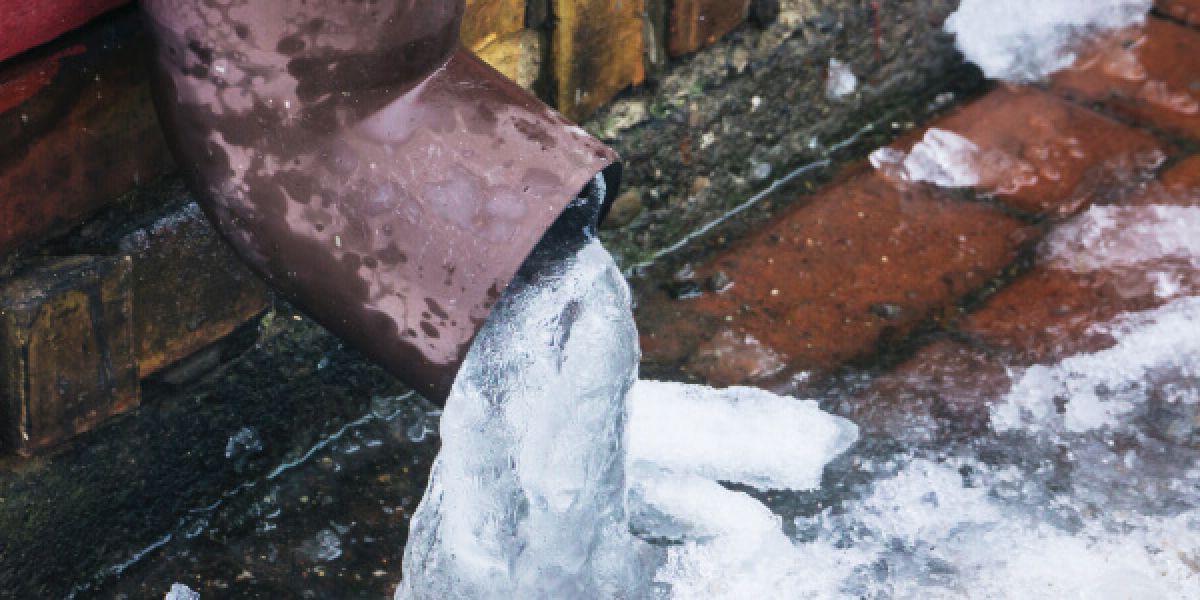Advice for Preventing Frozen Plumbing in Winter: Specialist Advice
Advice for Preventing Frozen Plumbing in Winter: Specialist Advice
Blog Article
What are your thoughts on How To Avoid Freezing Pipes?

Winter can damage your pipes, particularly by freezing pipelines. Here's just how to prevent it from occurring and what to do if it does.
Intro
As temperatures decline, the risk of frozen pipelines rises, potentially bring about pricey fixings and water damage. Comprehending exactly how to prevent frozen pipes is critical for homeowners in chilly environments.
Avoidance Tips
Shielding vulnerable pipes
Wrap pipes in insulation sleeves or utilize warm tape to secure them from freezing temperature levels. Concentrate on pipelines in unheated or external locations of the home.
Home heating methods
Maintain interior areas effectively heated up, particularly areas with plumbing. Open closet doors to permit cozy air to distribute around pipes under sinks.
Just how to recognize icy pipes
Look for lowered water circulation from faucets, uncommon smells or noises from pipelines, and noticeable frost on exposed pipelines.
Long-Term Solutions
Structural adjustments
Take into consideration rerouting pipes far from exterior walls or unheated locations. Add additional insulation to attics, cellars, and crawl spaces.
Upgrading insulation
Buy top quality insulation for pipelines, attics, and wall surfaces. Proper insulation assists keep constant temperature levels and reduces the danger of icy pipes.
Securing Exterior Plumbing
Garden pipes and outdoor faucets
Detach and drain pipes yard hoses before wintertime. Mount frost-proof faucets or cover outdoor faucets with protected caps.
Comprehending Icy Pipelines
What causes pipelines to ice up?
Pipelines ice up when exposed to temperatures listed below 32 ° F (0 ° C) for prolonged periods. As water inside the pipes freezes, it expands, putting pressure on the pipe walls and potentially creating them to break.
Threats and problems
Frozen pipes can lead to supply of water disruptions, home damage, and pricey fixings. Ruptured pipes can flooding homes and trigger comprehensive structural damages.
Indications of Frozen Pipes
Recognizing frozen pipelines early can avoid them from bursting.
What to Do If Your Pipelines Freeze
Immediate actions to take
If you presume frozen pipelines, keep taps open to eliminate pressure as the ice thaws. Use a hairdryer or towels soaked in warm water to thaw pipes gradually.
Conclusion
Avoiding icy pipes needs aggressive measures and quick actions. By understanding the causes, indications, and safety nets, homeowners can safeguard their plumbing throughout winter.
5 Ways to Prevent Frozen Pipes
Drain Outdoor Faucets and Disconnect Hoses
First, close the shut-off valve that controls the flow of water in the pipe to your outdoor faucet. Then, head outside to disconnect and drain your hose and open the outdoor faucet to allow the water to completely drain out of the line. Turn off the faucet when done. Finally, head back to the shut-off valve and drain the remaining water inside the pipe into a bucket or container. Additionally, if you have a home irrigation system, you should consider hiring an expert to clear the system of water each year.
Insulate Pipes
One of the best and most cost-effective methods for preventing frozen water pipes is to wrap your pipes with insulation. This is especially important for areas in your home that aren’t exposed to heat, such as an attic. We suggest using foam sleeves, which can typically be found at your local hardware store.
Keep Heat Running at 65
Your pipes are located inside your walls, and the temperature there is much colder than the rest of the house. To prevent your pipes from freezing, The Insurance Information Institute suggests that you keep your home heated to at least 65 degrees, even when traveling. You may want to invest in smart devices that can keep an eye on the temperature in your home while you’re away.
Leave Water Dripping
Moving water — even a small trickle — can prevent ice from forming inside your pipes. When freezing temps are imminent, start a drip of water from all faucets that serve exposed pipes. Leaving a few faucets running will also help relieve pressure inside the pipes and help prevent a rupture if the water inside freezes.
Open Cupboard Doors
Warm your kitchen and bathroom pipes by opening cupboards and vanities. You should also leave your interior doors ajar to help warm air circulate evenly throughout your home.

I stumbled upon that piece about How To Avoid Freezing Pipes when doing a lookup on the internet. So long as you enjoyed reading our article plz don't forget to share it. I value reading our article about Preventing and dealing with frozen pipes.
Schedule Services Report this page